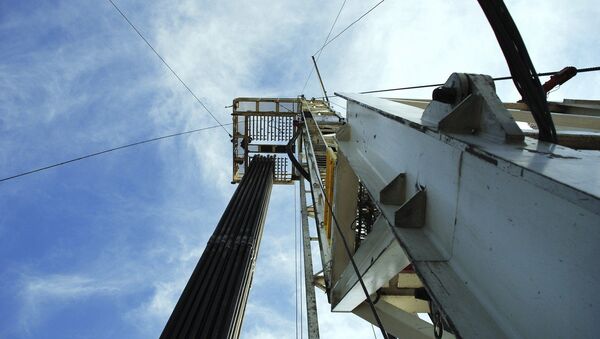The ruling, which was handed down in March, was immediately challenged, within minutes, by the Independent Petroleum Association of America and the Western Energy Alliance, which moved for an injunction. The groups called the new standards “arbitrary and unnecessary.”
“We highlighted how the [Bureau of Land Management] Washington office has not given sufficient guidance to the state and field offices that are implementing the rule, and as a result they were issuing confused instructions to companies on how to comply,” Kathleen Sgamma, vice president of government affairs at the Western Energy Alliance, said in a statement.
“The judge agreed that it makes no sense to implement an ill-conceived rule which could ultimately be overruled in court.”
Wyoming and Colorado have both filed their own lawsuits, claiming that the rules would interfere with their own jurisdiction over the operations.
Four states challenging the ruling agree that these new rules would harm the industry and waste their resources.
Hydraulic fracturing, or fracking, is the process by which a mixture of water and chemicals is injected at high pressure into rock formations deep underground to break them apart and release natural gas. Studies have shown fracking to be connected to water and other environmental pollution, as well as to the increase in earthquakes and tremors in parts of the US once seismically dormant.
The stay is only temporary and could be lifted at any time, but still amounts to a setback in attempts to regulate the controversial drilling practice.
"The BLM is consulting with the Office of the Solicitor and the Department of Justice about the decision of the US District Court in Wyoming to temporarily stay implementation of the hydraulic fracturing rule,” Interior Department spokeswoman Jessica Kershaw said.
“While the matter is being resolved, the BLM will follow the court's order and will continue to process applications for permit to drill and inspect well sites under its pre-existing regulations.”




